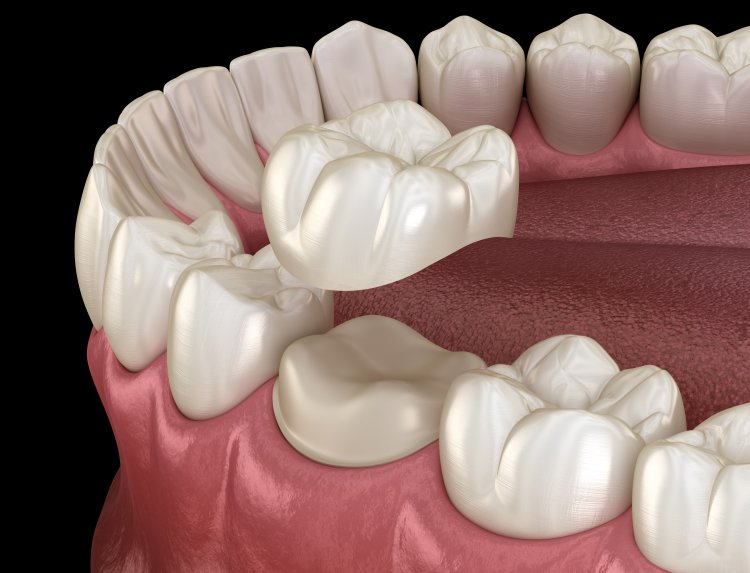
If you plan to get a dental crown, you may be eager for treatment. After all, the dental cap would protect your tooth and enhance its looks. Still, perhaps you don’t know how to manage the post-placement process. Just what should you expect from dental crown aftercare, and what is the best response to it? Well, your local Lebanon dentist has answers to these crucial questions. Read on to learn them and ensure your new crown works well into the future.
What Happens After Crown Treatment?
Once a dentist has fully placed your crown, you’ll experience various short-term changes. These typically include:
Numbness from Anesthetic
When placing your crown, your dentist will likely use a local anesthetic to numb your mouth. This substance will prevent aches during the final phase of treatment. That way, your dentist can focus more on placement than potential discomfort.
Keep in mind, though, that this numbing effect won’t end when treatment does. It’ll persist for several hours afterward. As such, anticipate a numb mouth following crown placement.
Mild Pain & Discomfort
Once the anesthetic fades from your body, you may experience some mild pain. This ache is a common effect of crown treatment, as your body needs time to recover. For example, the dental cement used for placement may have irritated the surrounding gums.
To be clear, these minor aches are short-lived. They’ll improve after several days or weeks without outside help.
A Feeling of Strangeness
Following crown placement, the treatment site will likely feel strange. That’s nothing to worry about, as most patients will adjust to how the cap fits in their mouth.
Do note, however, that an unnatural feeling can also stem from a crown problem. Your cap may need further adjustment to fit correctly. Therefore, see a dentist for advice if your bite doesn’t seem right after a few days.
How Should You Handle It?
To properly handle the effects above, adopt the following practices:
- Avoid Hot Liquids and Hard Foods – While waiting for treatment anesthetic to fade from your body, don’t drink hot liquids or chew hot foods. You’ll burn or bite yourself otherwise.
- Use Medicine – If necessary, take over-the-counter pain relievers to ease post-treatment discomfort. Good examples of these are Advil, Tylenol, etc.
- Try Salt-Water Rinses – It’s a good idea to rinse your mouth with warm salt water after treatment. If you do so for a few days, the act will soothe your irritated mouth tissues.
- Practice Good Oral Care – Remember, crowned teeth can still decay. You should thus brush them twice daily and floss between them once daily.
By memorizing the items above, you’ll know what to expect from dental crown aftercare. You’ll then be prepared to help your new dental cap work well!
About the Practice
Hanover Road Dental Health is based in Lebanon, NH. Led by Drs. Maura Sanders, John Munsey, and Hemali Hufton, our practice strives for top-quality dental care. We thus perform preventive, cosmetic, and restorative services, as well as emergency work like root canals and tooth extractions. Needless to say, our dental crowns are also excellent and effective! For more information or to book a visit, you can reach us on our website or by phone at (603)-643-4362.

